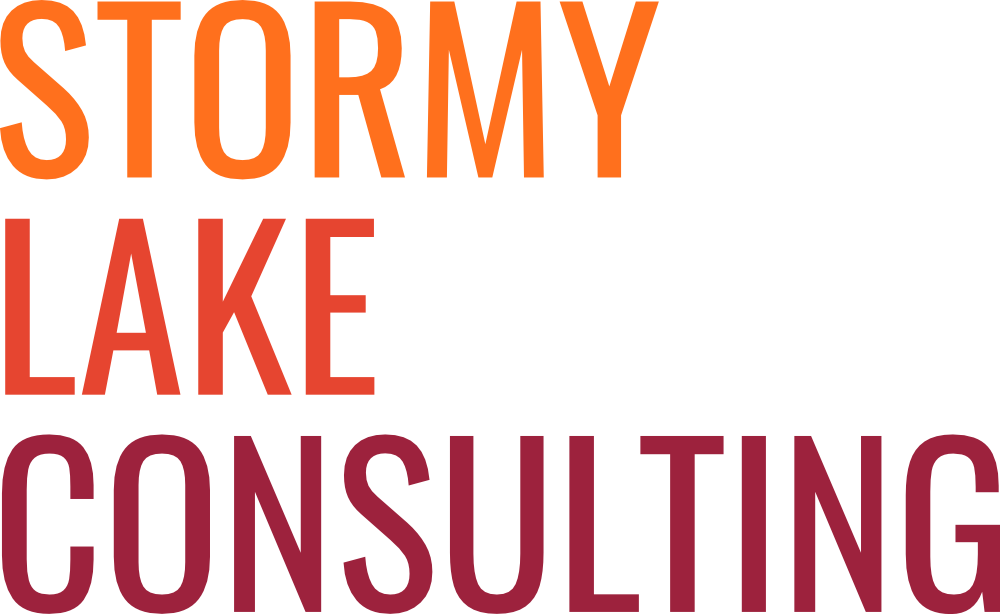The Happy Weekly Update
WWDGS.
What Would Daniel Gilbert Say? Like you, this is something we frequently ask around the virtual office.
For the one or two who don’t know Daniel Gilbert—he is a brilliant social psychologist/Harvard professor (and we don’t throw the word brilliant around lightly) who wrote one of the most useful and accessible psychology books called Stumbling on Happiness. This book examines how our minds work and how well we do or don’t do with forecasting our own happiness.
As the vernal* equinox arrives this weekend, optimism about our summer is being tempered by the ongoing Vaccines versus Variants battle being waged in every province.
We hope, expect and even demand that we get our lives back and quickly. In the same way that our COVID journey has not been what we expected, are we any better prepared for the return to “normal” life? We’re craving happiness, but can we know what that looks like?
Well, WWDGS?
“Imagine you learned you were going to die in ten minutes … some people will bemoan this fact, wag their fingers in your direction and tell you sternly that you should live every moment of your life as though it were your last, which only goes to show that some people would spend their final ten minutes giving other people dumb advice.”
Imaging the future is pleasurable. If we’re told we’ve won a dinner at a fancy restaurant, we’ll put off the dinner so that we can enjoy imagining the evening before we actually enjoy it. And our imaging of the dinner is sometimes better than the dinner itself. Certainly, the pleasure we get from anticipating pleasures is less constrained than the pleasures themselves. We might enjoy the anticipation of an extravagant dinner for the whole week before we tuck in. Cut off from our favourite fancy restaurant by COVID, we can even now get some joy from imagining evening feasts that are yet-to-be.
Jumping to the present, an Angus Reid poll reported that last fall 19% of Canadians felt their mental health was either poor or very poor, with 30% of young women. These numbers are possibly worse today and virtually every mental health expert forecasts a dramatic increase in need for mental health supports for many years to come.
We’re at a critical point in the COVID journey. What can we do to buttress our mental health as we move forward into summer?
Gilbert has a lot to say about forecasting our reaction to negative experiences. Without diminishing anyone’s experiences, Gilbert highlights research that is a somewhat hopeful:
Resilience is often the most commonly observed outcome trajectory following exposure to a potentially traumatic event.
People forecasting their feelings following such devastating personal events as not making tenure (more significant) or their football team losing (less significant) found that they ended up much happier than they expected.
Studies of those who survive major traumas suggest that the vast majority do quite well, and that a significant portion claim that their lives were enhanced by the experience – although this can take some time and some work.
Happiness is not off the table.
There are a number of happy earworms (although I’m not sure that an earworm can or should be described as “happy”):
Happy – Pharrell Williams
Don't Worry Be Happy – Bobby McFerrin
Happy Trails – Roy Rogers And Dale Evans
Happy Together – The Turtles.
And, of course, the most consistently out of tune song sung in the world, Happy Birthday.
(What happens when you are presented with five earworms – do you sing them sequentially in your head, do you create a mash up or do you discover the Ur-earworm?)
Although earworms might be out of our control, we can control how we look back on COVID. Gilbert highlights that the most recent events more strongly influence our opinion of an experience. In business and at home, how we deal with COVID over the next few months will have greatest effect on how we evaluate our whole COVID experience.
If we add all this up, we can enjoy thoughts of the future almost more than the future itself, and we are more likely to look back, over time, on COVID as a life enhancing event. We can make this more likely to happen if we work today to make COVID more bearable.
So dream about the summer. And during this spring, imagine me and you, I do, I think about you day and night, it’s only right so don’t worry, be happy,
* Our WOWU (word of the weekly update) is vernal meaning “pertaining to spring”. That would make vernal connect St. Patrick’s Day and Easter – not many words can span from the holy to the blasphemy. Well done vernal. Vernal is also one of the only towns in Utah not settled by the Mormons – a useless factoid for those who collect such things.
The Ur**-footnote: Daniel Gilbert, Stumbling on Happiness. Buy it on Amazon. You’ll love it and learn a ton.
** turns out that Ur is a second WOWU meaning the original or primal stage of a cultural entity or phenomenon.

